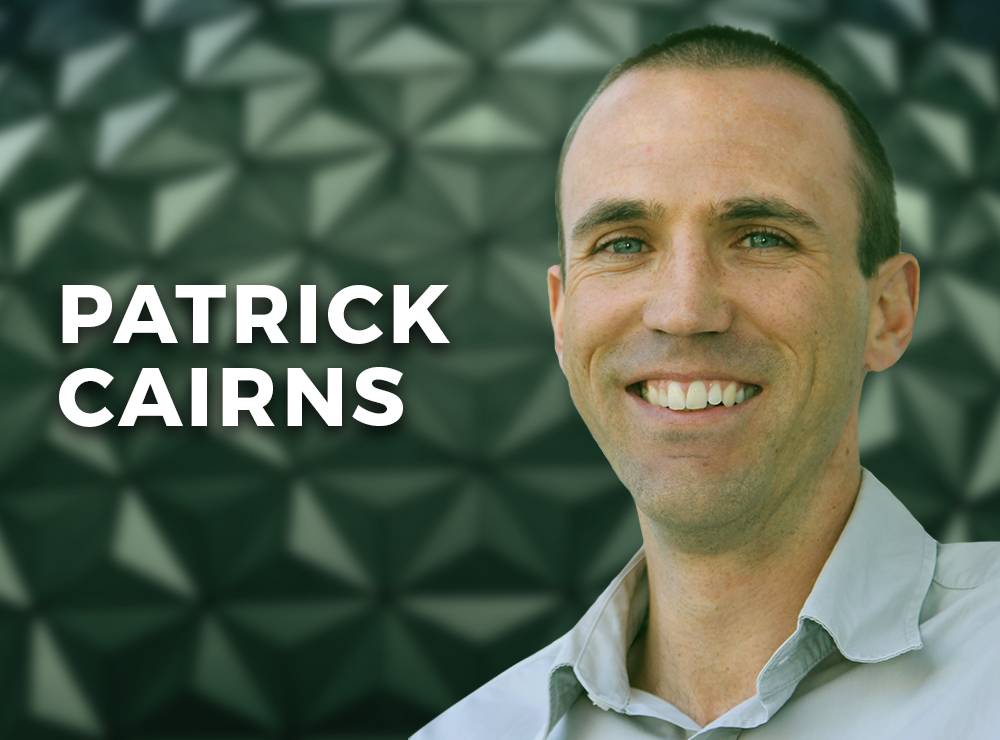
By PATRICK CAIRNS
We live in a world where a lot of things are judged on relative performance.
What parent, for instance, isn’t thrilled when their toddler advances ahead of the milestones set out in their development chart? And who isn’t excited by their child finishing top of the class at school?
Sport is an area that is all about relative performance. For a football team to win the English Premier League, for instance, they must have outperformed the other 19 teams on the log.
This carries over into business too. Companies are constantly competing for market share, and to grow faster than their peers. Even within firms, there may be competition between business units to see which can be the most efficient, or the most profitable.
Delivering “alpha”
It would, therefore, perhaps be strange if this wasn’t also the case in asset management. After all, relative performance is not just an obvious measure of success, but also a fairly simple one to show.
Most active managers therefore rest their reputations on their ability to out-perform. This is the promise of “alpha” – that a manager making active decisions is able to beat the market because they can manage the risks and identify the best opportunities.
Almost all active managers base their value proposition on this idea. Their ability to out-perform is, effectively, their unique selling point.
The shortcomings
The first obvious problem is that this is not unique if every active manager is offering the same thing. There are always differences in how they expect to generate out-performance, but ultimately what most active managers are selling is “alpha”.
The second problem is that, logically, it can’t be possible for every active manager to outperform. For there to be winners in the industry, there must also be losers.
What that means is that active managers are selling something that they know many of them will not be able to deliver. There is an abundance of research showing that, over time, most active equity managers fail to beat a broad market index.
Since the promise of “alpha” is also about returns in the future, active managers also cannot guarantee that they will produce it. No fund manager will make firm forecast about the returns they will generate since markets are inherently unpredictable. They cannot know whether their strategy will really result in out-performance or not.
Chasing performance
This is not just problematic from a marketing point of view. It fundamentally confuses investors.
If the industry constantly talks in terms of relative outperformance, that is what investors will believe is most important. If “alpha” is highlighted as the ultimate aim of any investment strategy, then investors will think that they should want that above all else.
This is what leads to them chasing performance. As soon as a fund underperforms, investors are programmed to believe that it is no longer doing what it should be, and so they abandon it in favour of something that is delivering “alpha” at that point in time.
Constantly switching funds, however, is an almost certain way to reduce returns.
The annual Morningstar study entitled Mind the Gap, puts this into perspective. It measures the difference between the reported returns that funds generate, and the returns that investors actually see. One of the main reasons that there is a difference between these two figures is that investors have been switching in and out of strategies as they try to chase performance.
The remedy
The biggest discrepancy in the most recent study, which looked at returns to the end of 2019, was in sector equity funds. These are funds that invest only in specific areas like technology, financials or healthcare. In this category, Morningstar calculated that investors received a return of 1.35% less per annum over the past 10 years than funds reported.
“These funds are particularly prone to performance-chasing, with investors often piling into popular sectors after they have already posted eye-popping performance for a few years and then bailing out when they fall out of favour,” Morningstar notes. “The specialty-financial category, for example, attracted large inflows in 2007 and 2008, followed by billions in outflows in the wake of damage from the financial crisis. Healthcare funds experienced significant asset growth from 2013 through 2015, but many of those assets fled after the medical sector lagged in 2016.”
This is the danger that the promise of “alpha” creates for investors. By treating it as their objective, they may well decrease their ability to actually find it.
The remedy, thankfully, is a simple one: invest in an index fund that will always give you the market return after fees. You won’t get “alpha”, but you will get peace of mind.
One of South Africa’s most respected financial journalists, PATRICK CAIRNS is a trusted commentator on the world of investments and the quirks of behavioural finance. Over more than a decade he has built a reputation for keeping the industry honest, and putting the interests of investors first.
Here are some more articles by Patrick Cairns:
Should investors be optimists or pessimists?
A real long-term investment strategy
An investment lesson from the US election
There is such a thing as too much choice
Investing shouldn’t be a gamble
FINANCIAL ADVISER?
If you’re a financial adviser or planner and you enjoy TEBI, why not try our sister blogs, Adviser 2.0 and Evidence-Based Advisers?
© The Evidence-Based Investor MMXX









